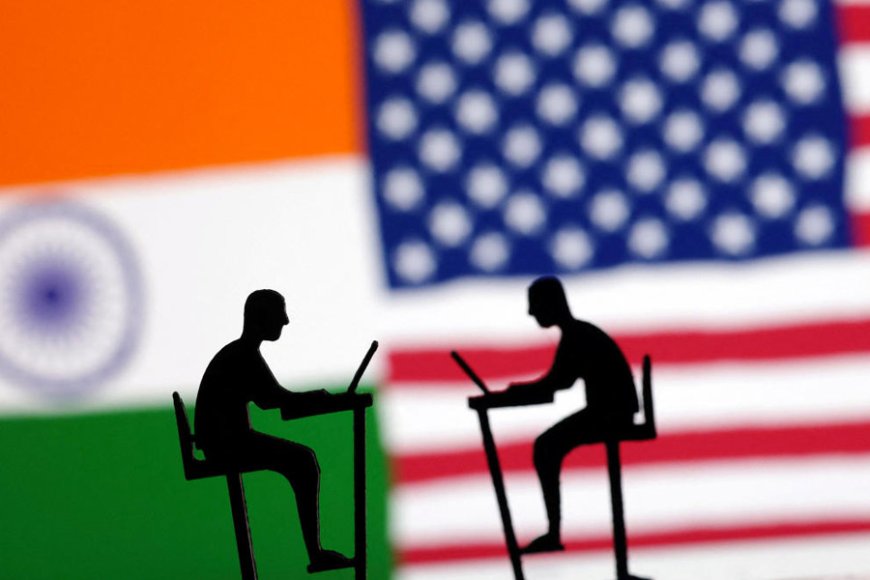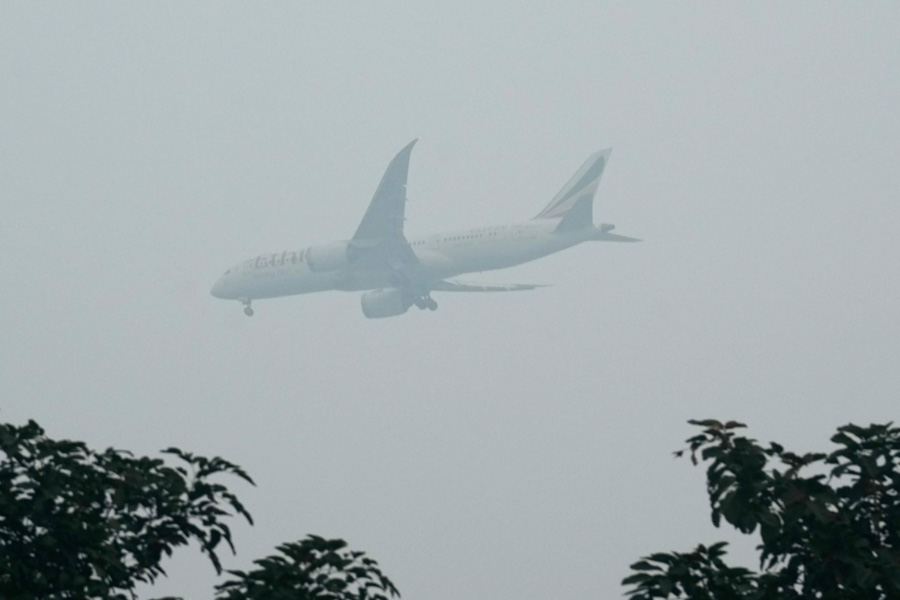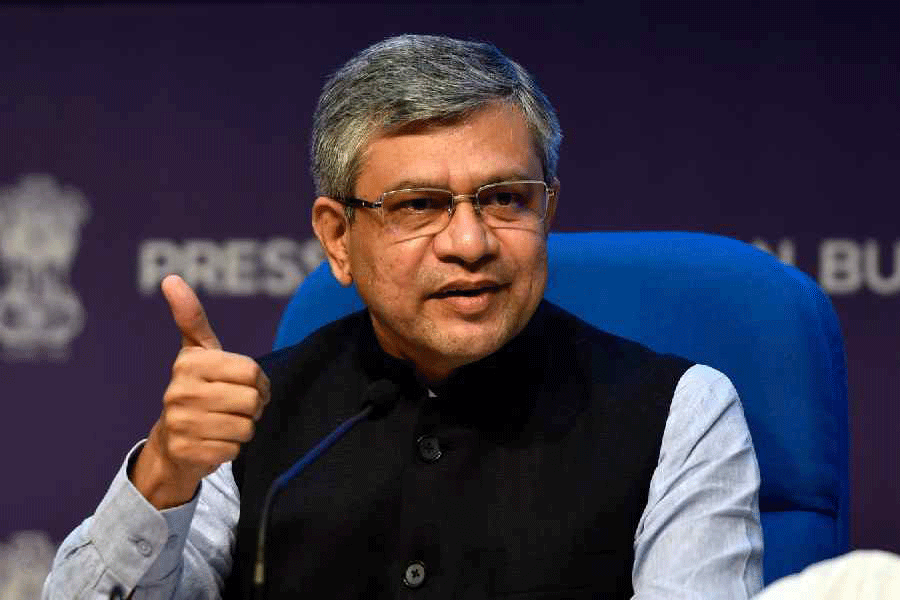US Lobbying Prompts India to Reverse Laptop Licensing Policy, Concerns Remain
Behind-the-Scenes Diplomacy Alters India's Trade Course Amidst WTO Scrutiny

According to US trade officials and government emails reviewed by Reuters, India changed a laptop license regulation following behind-the-scenes pressure by US officials. These officials are nonetheless concerned about additional Delhi's compliance with WTO requirements and additional measures it may issue.
Fearing that the process would slow down sales, India implemented regulations in August requiring companies like Apple, Dell, and HP to obtain licences for all shipments of imported laptops, tablets, personal computers, and servers. Within a few weeks, however, New Delhi reversed the policy, stating that it would merely continue to monitor imports and make decisions about the future year.
The emails from the US government, which were acquired through a US open records request, highlight the degree of concern that the Indian limitations generated in Washington and how the US pulled off a rare lobbying victory by convincing Prime Minister Narendra Modi's often unyielding government to change course.
The abrupt policy changes in India, according to US officials, have caused uncertainty in the economic environment. India insists that, although frequently favoring domestic businesses over foreign ones, it announces policies in the best interests of all parties involved and welcomes foreign investment.
Despite the goodwill that both parties frequently expressed in public, some of the language in the agreements was harsh. According to the documents and emails, US officials were incensed that India's modifications to laptop imports were "out of the blue," without prior notice or consultation, and that they would be "incredibly problematic" for the business environment and US exports worth $500 million annually.
India's laptop and personal computer market is estimated to be valued $8 billion yearly by research firm Counterpoint.
Shortly after the policy's announcement on August 26, US Trade Representative Katherine Tai met with Indian Commerce Minister Piyush Goyal in New Delhi. Tai "raised concerns" about the regulation and "noted" that stakeholders needed to be consulted, according to the USTR public readout. However, a USTR briefing paper revealed that she also privately informed Goyal that the US wanted India to "rescind the requirement" during the discussion.
The "talking points" of her briefing document said that India's "surprise" decision "prompts U.S. and other firms to think twice about doing business in India."
At about the same time, Indian officials acknowledged that the abrupt implementation of the laptop licensing policy was an error, according to Travis Coberly, the US ambassador for trade in New Delhi, who was briefing his USTR colleagues.
The IT ministry of India "knows they (India) made a mistake. That much they acknowledged. About this, American businesses here have been berating them," the author stated.
Coberly did not answer a request for comment right away. Requests for comment on "private diplomatic communications" were sent to the Indian government by the US Embassy in New Delhi.
An inquiry for comments was not answered by the Indian IT ministry.
Monitoring Indian policy
Acting Assistant US Trade Representative for South and Central Asia Brendan Lynch responded to questions from Reuters by saying that while the USTR was satisfied that the current monitoring system had so far had little effect on trade, it was still closely monitoring India's inspection of imported devices to ensure that it was being carried out in accordance with WTO obligations and was "not having a real negative impact on the trade relationship."
In a statement to Reuters, Goyal's Commerce Ministry stated that Tai "did raise some concerns" during their August meeting and that New Delhi had at the time "conveyed India's security concerns." It didn't go into detail about the US emails or why it changed its mind.
Three Indian officials—two of whom were from the Commerce Ministry and spoke on the condition of anonymity because they were not authorized to comment—stated that New Delhi took the call after realizing that local production of laptops and tablets wasn't important at this point and had not changed its policy in response to pressure from the US.
Another indication of how delicate New Delhi may be came from an email sent by a US embassy press officer to colleagues during Tai's tour there warning against speaking with the media when US officials are in town.
The US government's response, in an email, stated that "the (Indian) government has the right, and the responsibility, to design a trade policy that is responsive to the needs of the people of India" in response to questions concerning the laptop relocation.
Concerns with the program were also voiced by the US State Department.
In an email with "talking points," State Department official Timothy Wiley stated that "US firms perceived the move as highly protectionist and out of sync with the progress India has made in improving the investment environment." Wiley sent the email to USTR colleagues.
"Some US companies in India told us that they have been pushing their headquarters for greater manufacturing in India but were embarrassed by this unexpected measure."
The State Department will not provide a statement.
Modi has made a number of choices that have negatively impacted American businesses. For example, he forced Mastercard and Visa to keep data locally and made Amazon follow strict e-commerce regulations, which previously caused disruptions to its business. But in spite of opposition, Indian authorities stuck to their plans.
According to Reuters's assessment of the emails, HP informed the USTR that the laptop license "policy (and its goal)" is "very problematic".
Amy Burke, the company's head of global policy and strategy, stated in an email that "this would have significant impact on HP sales in India, despite our very wide Made in India portfolio."
Inquiries from Reuters were not answered by HP.
Except for the headline, this story has not been edited by Press Time staff and has been published from a syndicated feed.























































